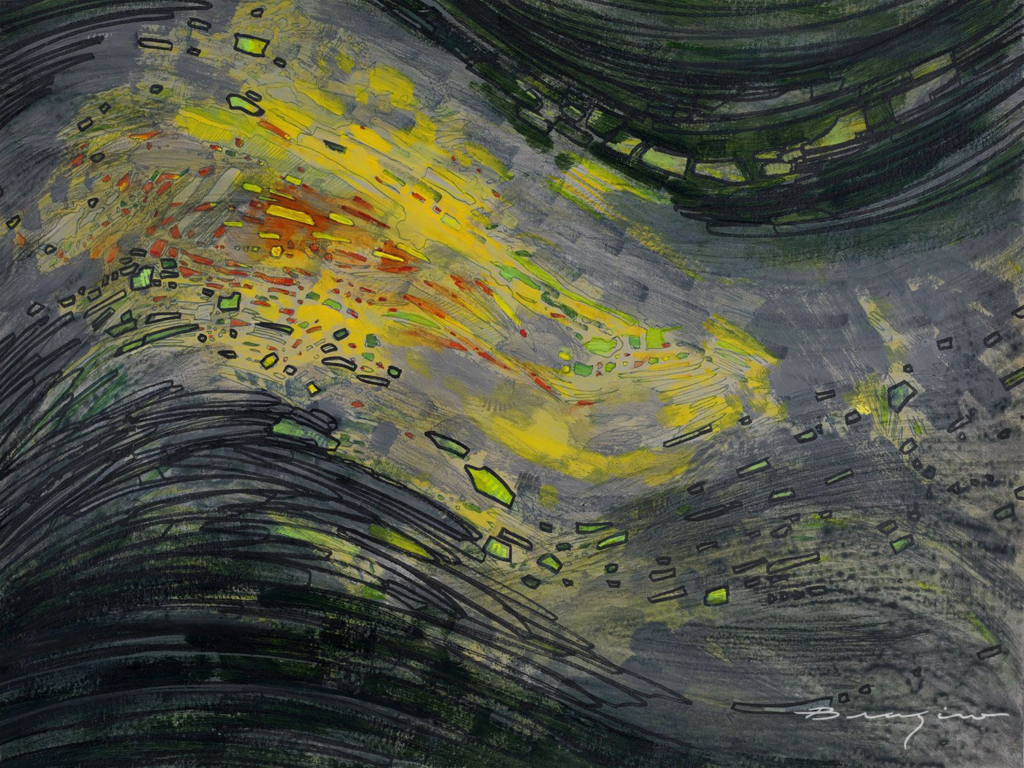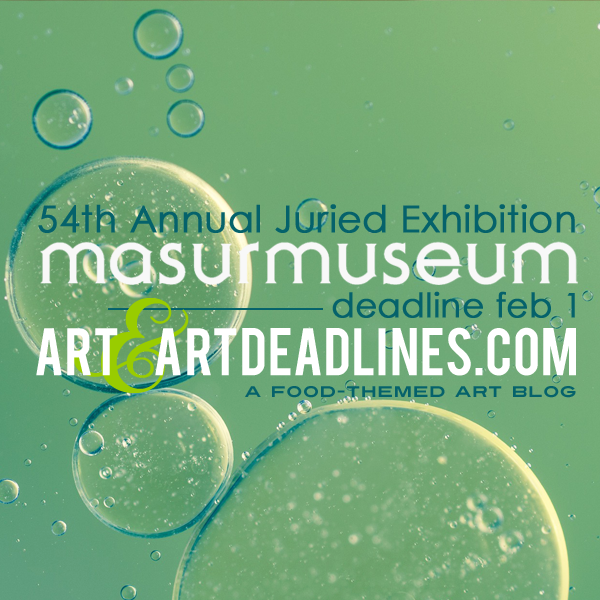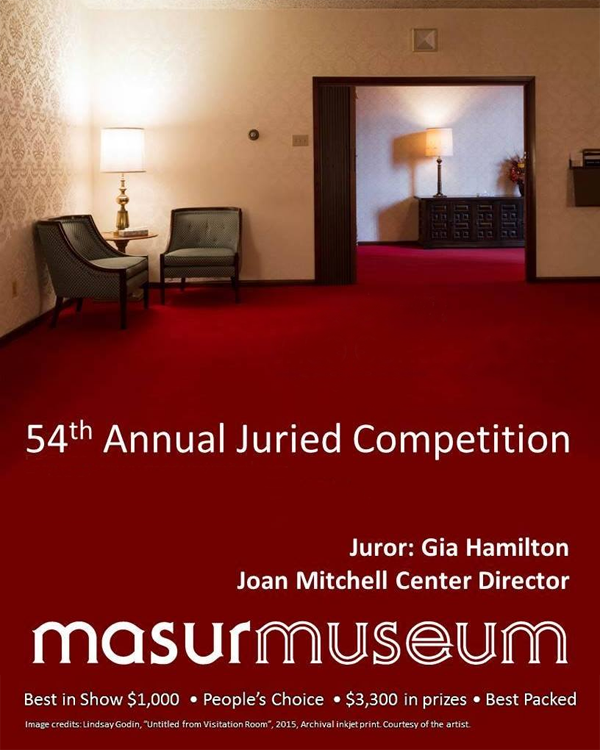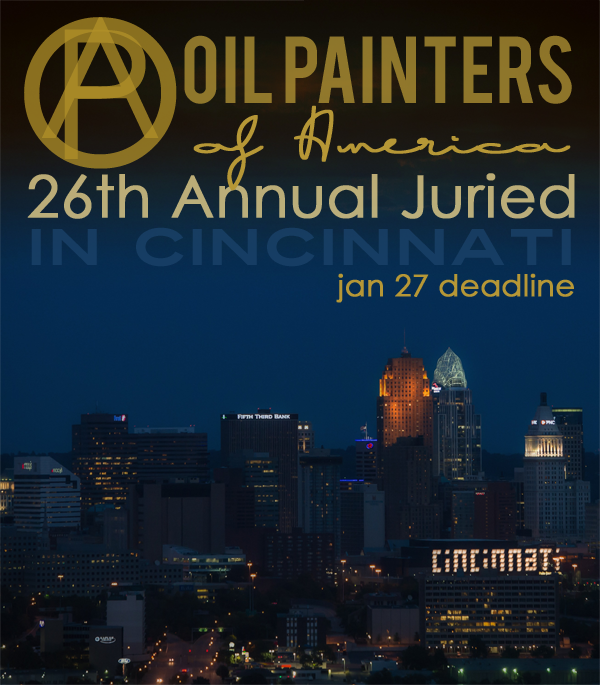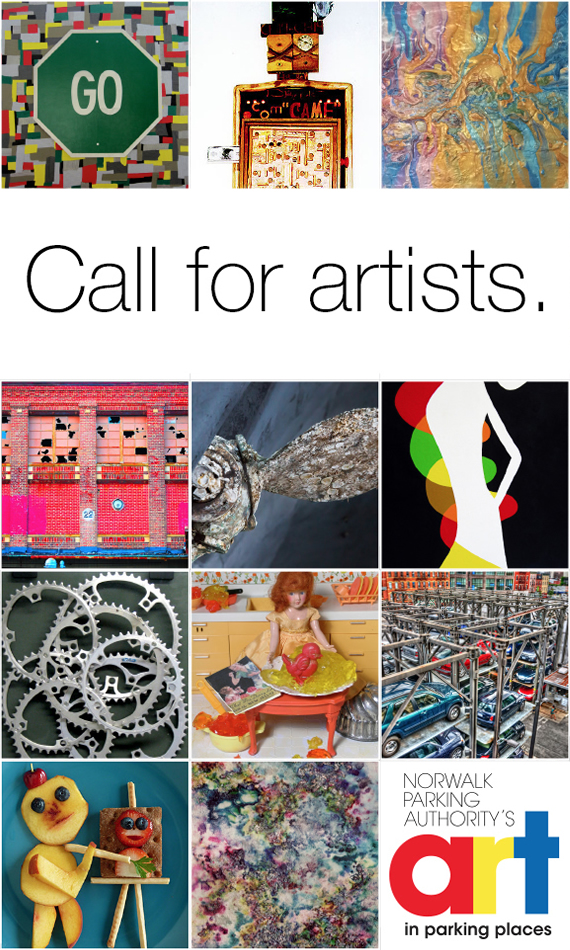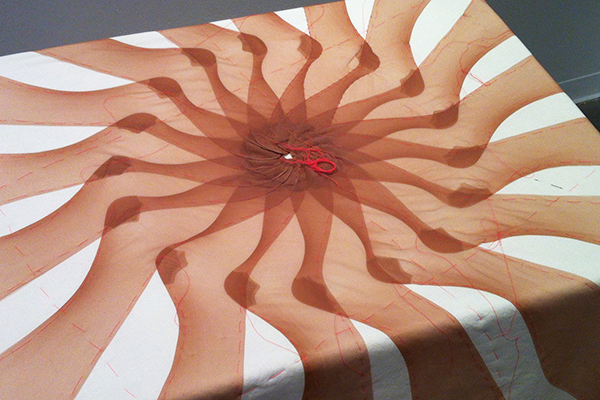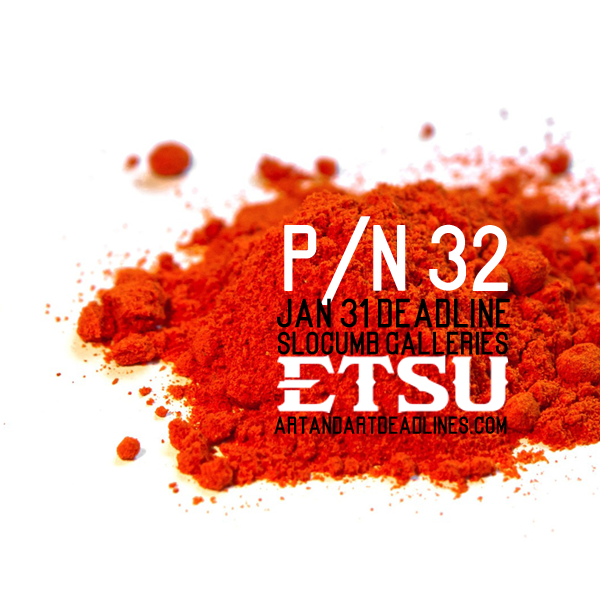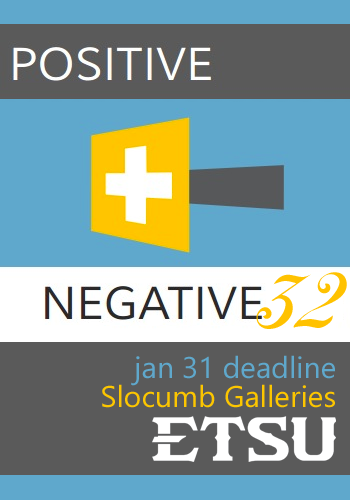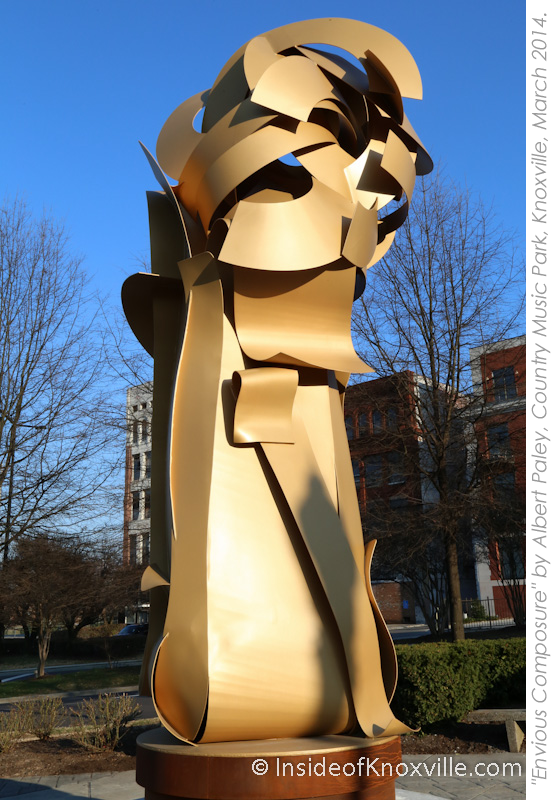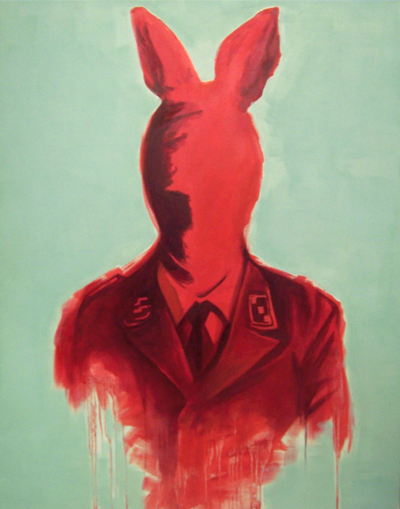
BOTTOMS up!
The mission of AAAD is to inspire artists through resources, opportunities, and the work of your contemporaries. Should you be our next Artist of the Day? Be sure to let us know. AAAD is proud to feature the work of painter Kris Wlodarski.
Krzysztof Wlodarski, aka Kali, born in 1977 in Poland. Graduated at University of Zielona Gora, Poland in philosophy. Wlodarski, influenced by the art of Gottried Helnwein, Saturno Butto, Joel Peter Witkin and modern Bodyart movements, is now showing a series “The Sleep of Reason.” Wlodarski is also musician , film-maker, and tattoo artist, living and working in London.
Wlodarski says, “These works are reflecting a head-on collision between the primary sphere of instinct (sex & violence) and the secondary sphere of culture (taboo). This leads to a sort of synthesis, its necessary result being a transgressive form of art.
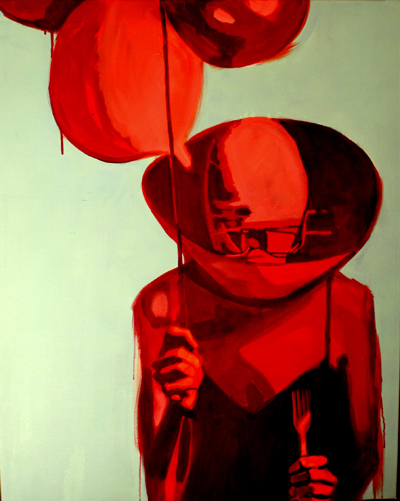 “I call it ‘The sleep of reason,’ a reference to Goya , because this is the manifestation of all that is pre-rational, anti-enlightenment, anti-creative. It is about the moments of insanity when the language and logic are suspended in favour of primal drives that are otherwise subject to suppression by cultural structures.”
“I call it ‘The sleep of reason,’ a reference to Goya , because this is the manifestation of all that is pre-rational, anti-enlightenment, anti-creative. It is about the moments of insanity when the language and logic are suspended in favour of primal drives that are otherwise subject to suppression by cultural structures.”
Plagued by anxiety and bitterness from a devastating illness, Francisco Goya (1746 – 1828) created “The Sleep of Reason Produces Monsters,” one of 80 etchings in his “Los Caprichos” series–scathing critiques of human errors and vices of contemporary religious and political figures. “The Sleep of Reason Produces Monsters” portrays Goya, often believed to be the Father of Modern Art, hounded by creatures that threaten the ignorant mind. Goya believed that imagination, combined with reason, would keep these monsters at bay.
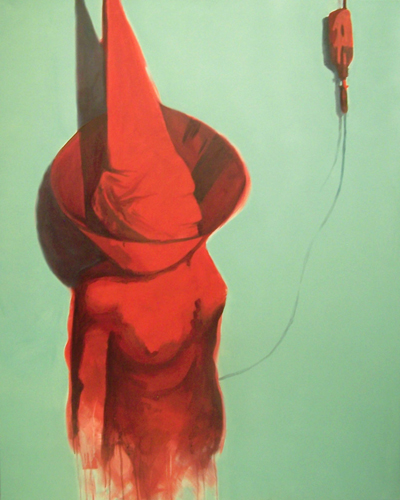 I am drawn to the passion with which Wlodarski’s interprets his vision of contemporary culture–shaped by sex and violence, destruction and morbidity. The connection to Goya, and sometimes startling lack of connection, is a comment on Wlodarski’s view on where we are as a culture today. His striking use of color gives us a momentary glimpse into the moments of insanity between the rational thoughts. The moments without control or norms.
I am drawn to the passion with which Wlodarski’s interprets his vision of contemporary culture–shaped by sex and violence, destruction and morbidity. The connection to Goya, and sometimes startling lack of connection, is a comment on Wlodarski’s view on where we are as a culture today. His striking use of color gives us a momentary glimpse into the moments of insanity between the rational thoughts. The moments without control or norms.
It is easy to feel transported to another place or time by these works, and maybe that’s the sugar that makes it easier to take the medicine–the knowledge that we are all there, on the cusp, all the time. It is…the buttery taste of scotch with the charred character of bourbon.
•

•
Save
